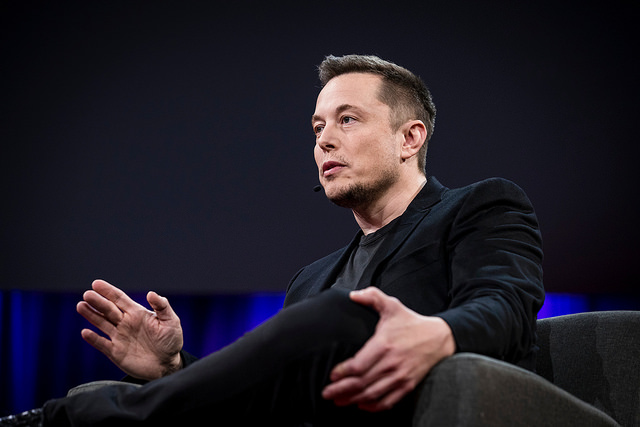Elon Musk: Tesla Will Retire the Entry-Level Model X and Model S

Tesla CEO Elon Musk
Electric car maker Tesla has announced that it will no longer sell the entry-level versions of its Model S and Model X models. This was disclosed by the firm’s CEO and founder, Elon Musk, in a tweeted statement.
The move will raise prices for the Model S sedan by at least US$15,000 as the base price will rise from US$66,750 to US$87,950. In the case of the Model X SUV, the base price will rise from US$72,950 to US$87,950. Prospective buyers interested in the cheaper versions have until January 13 to order place orders on the Tesla’s website.
Phasing out the base-level Model S and Model X cars is likely to spur sales of Tesla’s economy car, the Model 3, as lovers of the brand are locked out of the higher-priced models. Currently, the starting price of a Model 3 per Tesla’s website is US$35,000 while a fully-loaded one costs around US$67,000.
Simplifying Production Process
Getting rid of the entry-level models will also likely simplify production as Tesla’s high-end cars will now only sport the 100kWh battery packs. Additionally, Tesla’s high-end vehicles will now only be known for their long range as the 100kWh battery provides a range of 335 miles in the Model S and 295 miles in the Model X per Tesla’s website. In the Model S, the 75 kWh battery provides a range of 259 miles while in the Model X the same battery can go for 237 miles.
This comes hot on the heels of the Palo Alto, California-based electric car maker enjoying a record year in 2018 after selling more cars in one year than in all the other years it has existed combined. To a large extent, this was driven largely by sales of the Model 3 as Tesla delivering more than 145,000 units, nearly one and a half times the combined sales of Model X and Model S combined – 99,394 units.
Model 3 Effect
In a press release , Tesla expressed hope that the market remained largely untapped as most of the sales of the Model 3 last year were restricted to North America and a global expansion would significantly boost numbers:
There remain significant opportunities to continue to grow Model 3 sales by expanding to international markets, introducing lower-priced variants and offering leasing. International deliveries in Europe and China will start in February 2019. Expansion of Model 3 sales to other markets, including with a right-hand drive variant, will occur later in 2019.
Besides Europe and China, Musk also indicated towards the end of last year that Tesla would begin sales in his country of birth, South Africa, sometime in 2019.
Tesla Stock on the Rebound
Tesla’s stock fell 9.7% during the first two days of trading after the turn of the year but has since risen 14%, solidifying above the $300 support level.

Investors at the time appeared to be concerned about the phasing out of the federal tax credits which ‘subsidize’ the cost of Tesla’s vehicles. They were also concerned about the entry of new competition but these fears now seem to have waned.
Featured image from Shutterstock.